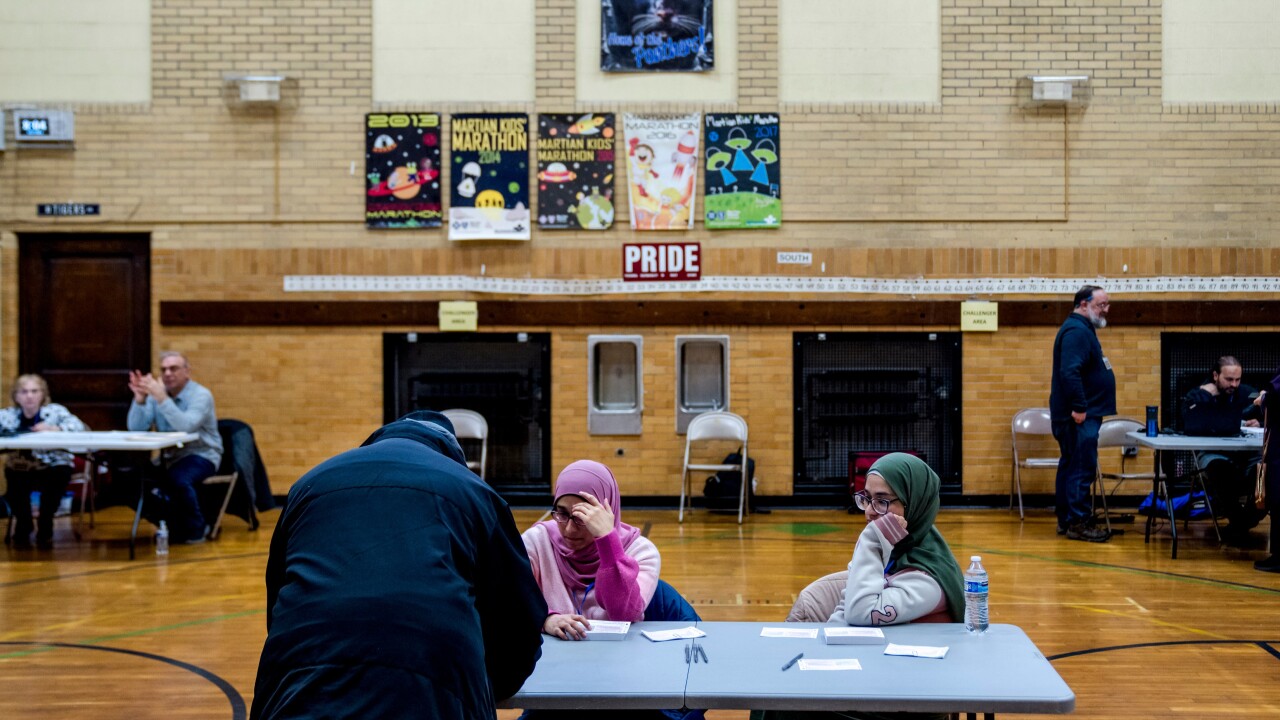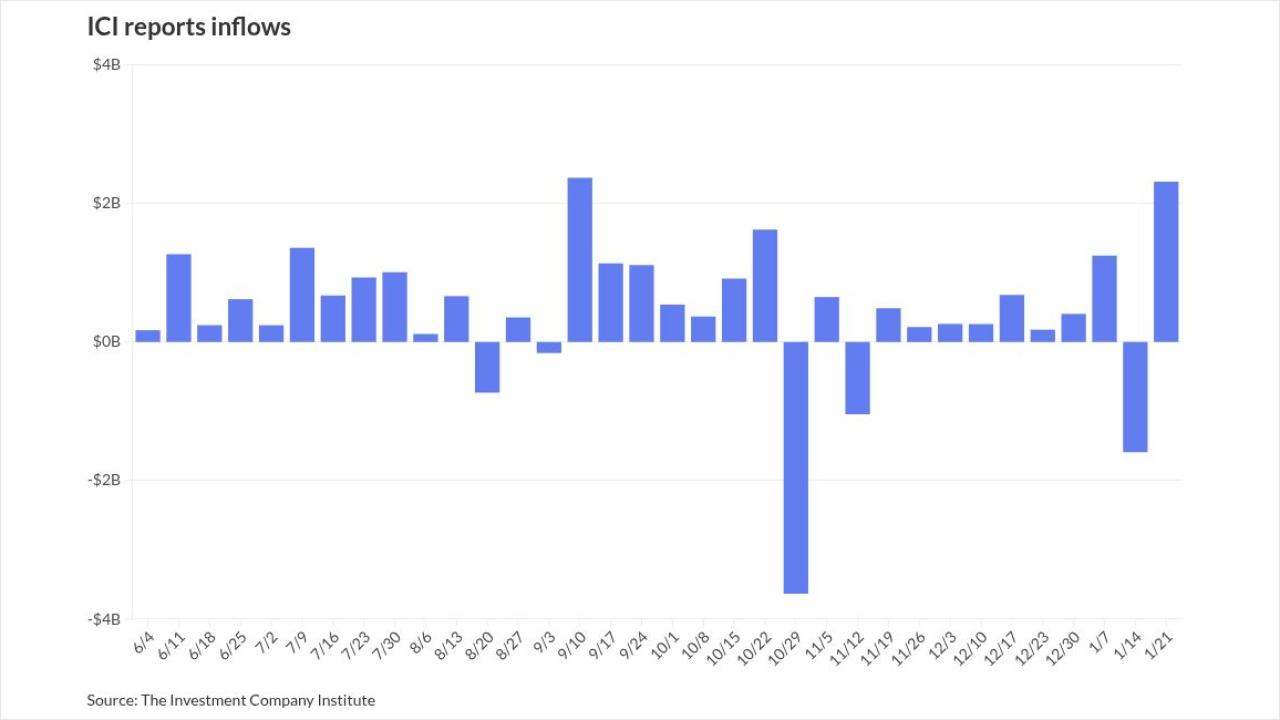Illinois lawmakers passed legislation sending $850 million of surplus revenue to the state's once-barren rainy-day fund — pushing it to a new peak of $1.85 billion — putting $400 million into a new business incentive program and directing $460 million to hospitals.
Lawmakers included the measures in a sweeping budget implementation package (Senate Bill 1720) approved Sunday during the General Assembly's lame-duck session and signed by Gov. J.B. Pritzker Monday before he was sworn in for a second term.
The one-time spending follows the
The legislation also raises the targeted balance of the rainy-day fund, formally known as the budget stabilization fund, to 7.5% of general fund revenues from 5%.
"Responsible budgeting tells bond rating agencies that Illinois remains a good investment and is worthy of more upgrades," state Comptroller Susana Mendoza said in a statement praising the infusion. "As we brace for inflationary pressures, having emergency funds in reserve means Illinois leaders are being accountable fiscal stewards."
Mendoza
The state directed a portion of a previous budget surplus to build the fund up to $1.05 billion. In addition to the $850 million deposit, the fund will receive another $450 million as the Department of Employment Insurance repays an interest-free loan over the next 10 years.
The $450 million future deposit stems from the deal announced late last year by Pritzker, lawmakers, labor, and business stakeholders that directed $1.8 billion of state funds to pay off the remaining $1.36 billion balance of a $4.5 billion federal unemployment insurance trust loan taken out in 2020 to cover the surge in unemployment claims early in the COVID-19 pandemic. The $450 million loan serves as a buffer to build the health of the fund to manage future claims.
Illinois first established the budget stabilization fund in 2000. It was funded with a $226 million deposit from the tobacco settlement recovery fund in 2001. It received an additional $50 million infusion in 2004. It held a modest $125 million in fiscal 2016, but that was drained during the two-year budget impasse that ended in mid-2017.
When lawmakers approved the sale of recreational cannabis in 2019, they earmarked 10% of cannabis tax revenues, after various administrative expenses, for the rainy-day fund. Cannabis sales hit a record last year of $1.55 billion.
The state's use of surplus revenues to build up the rainy-day fund, pay down billions of overdue bills and an employee health insurance tab and make $500 million in supplemental contributions to help curtail growth in the state's $139.9 billion of unfunded liabilities drew a round of

The upgrades were featured prominently in Pritzker's successful reelection campaign and he took a victory lap Monday.
"We balanced the budget and got credit upgrades. We raised the minimum wage. We're modernizing our transportation systems. We legalized cannabis. We protected reproductive freedom in our laws," Pritzker said in his inauguration speech.
While revenues remain healthy, Pritzker heads into his second term with potential clouds on the horizon as a recession could cut into revenues, forcing him to make tough spending decisions and an ongoing market downturn could further damage the pension system's weak financial health.
Pritzker, a Democrat who enjoys super majority in the House and Senate, will release a proposed fiscal 2024 budget next month.
Pritzker said he intends during his second term to expand pre-school availability and make it tuition free for working-class families and enact permanent tax relief although he did not provide details.
The $400 million in incentive funding would serve as a mechanism to help the state close deals that attract large businesses. Republicans said more legislative oversight is needed as the administration would be required to report only to the House speaker and Senate president.
The budget package also provides a pool of $460 million to be doled out by April in what lawmakers called stability payments to hospitals with "added consideration" for safety net and critical access hospitals.
S&P Global Ratings noted the healthy surpluses in a report last week and the role they will play in managing a potential recession. "Although certain revenue and expenditure assumptions may get dampened, states' generally strong reserves will function as a credit-stabilizing umbrella," S&P said.
S&P said the 50 states were holding a collective $136.5 billion in rainy day reserves at the close of fiscal 2022, up from the roughly $80 billion heading into the pandemic. S&P cites National Association of State Budget Officers information that expects reserves as well as other available general fund surpluses to grow and exceed $280 billion or nearly 25% of budgeted fiscal 2023 general fund expenditures.





